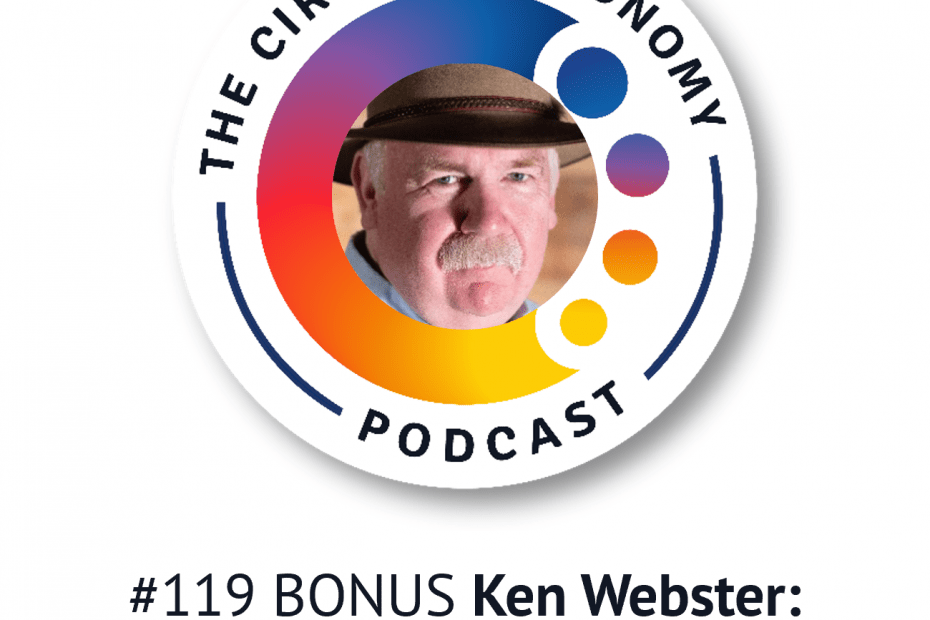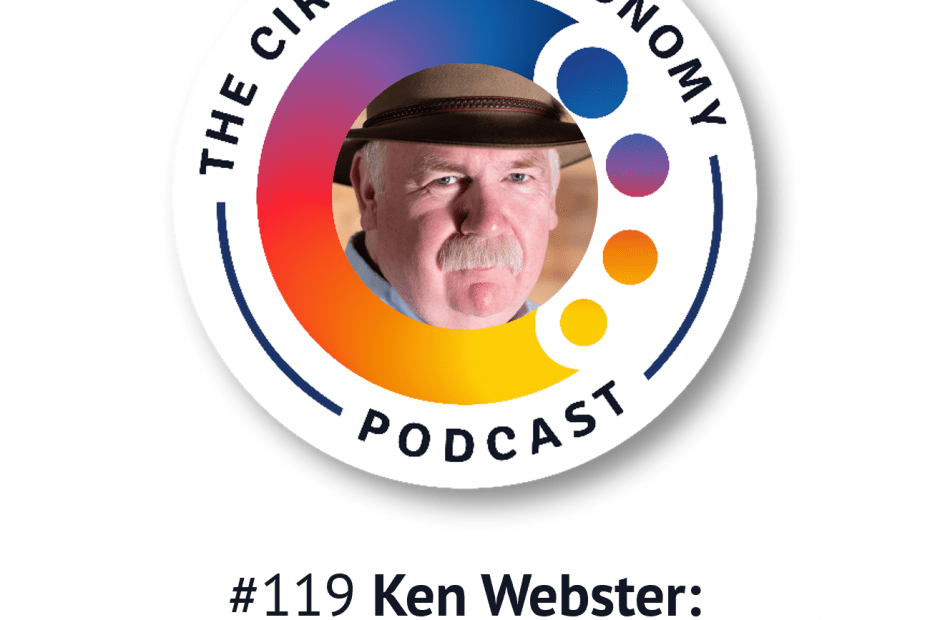119 BONUS Ken Webster: the circular ECONOMY! Part 2
This is the 2nd part of the conversation with Ken Webster, one of the foremost thinkers in the circular economy field, where we explore concepts for a critical aspect that’s being ignored – the economy itself!
In this episode, we go deeper into the possibilities offered by a universal basic dividend, especially as we move to a world where artificial intelligence might completely change the nature of work.
Ken mentions his work with Earth4all, supporting the discourse and new thinking marking the 50th anniversary of the Club of Rome’s ground-breaking Limits to Growth report.
We move on to Ken’s mission to make these concepts easier to grasp and to help people get excited, plus the importance of getting really clear on the core idea, before trying to make this work in practical terms.
Ken explains the overlaps between the thinking around circular economy and complex, adaptive systems and highlights some of the glaring faultlines in mainstream economic thinking.
That leads us back to the Commons and regenerative and open systems, together with the key questions that should be at the heart of designing circular products, components and materials,
And we finish by hearing a bit more about Ken’s most recent books, including ABC&D: Creating a Regenerative Circular Economy for All – co-written with Craig Johnson, and his latest book, The Wonderful Circles of Oz: A Circular Economy Story, written with Alex Duff.
If you haven’t already, please do listen to the previous episode to hear Ken talk about the Universal Basic Dividend (not Universal Basic Income), and the importance of reviving the concepts of commoning, and the Commons.

